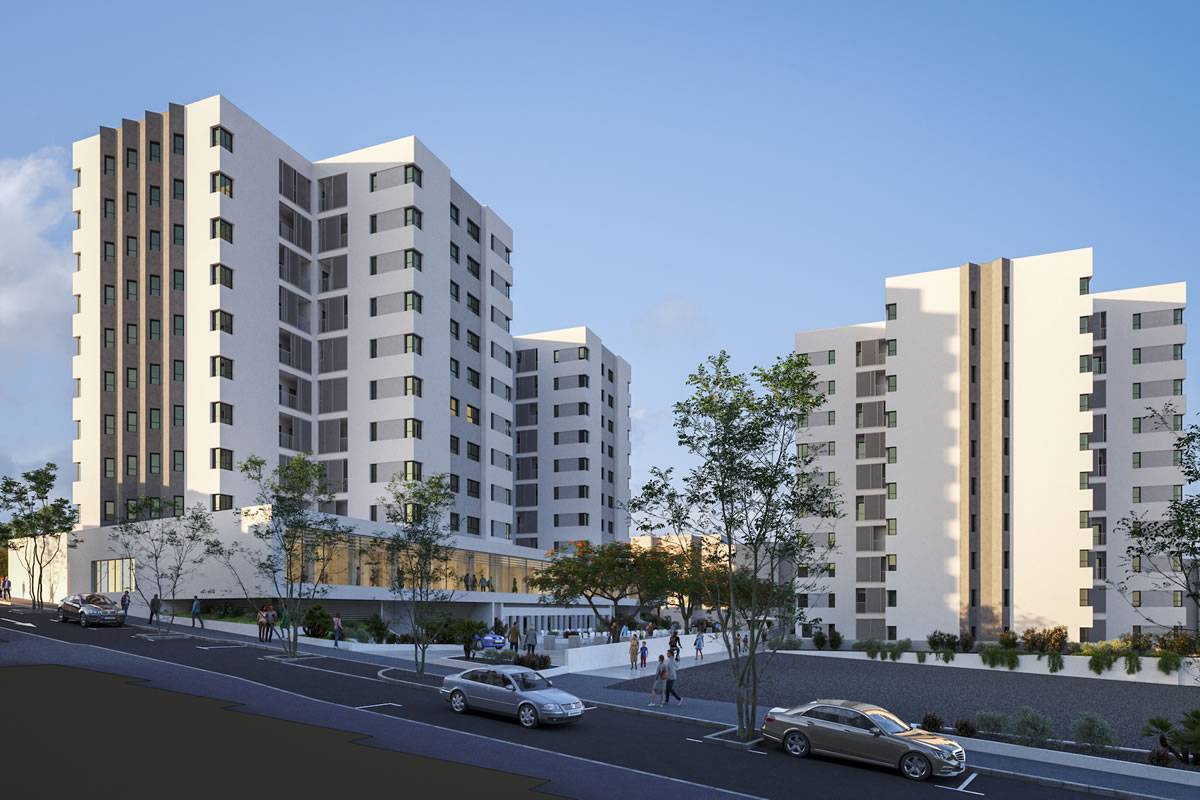Canaries Government introduces new Vacant Housing Plan to address housing problem
- 19-05-2024
- National
- Canarian Weekly
- Photo Credit: Gobierno de Canarias
The Government of the Canary Islands has unveiled an updated plan aimed at addressing the issue of empty housing, by trying to make rents more affordable, but align them to an amount that will be attractive to property owners so that they put their properties in the scheme, with payment and maintenance guarantees so they are protected and more willing to participate.
The renewed program, set to be completed by summer, aims to offer rents that are 20-30% below current market rates, regulated by Decree Law 1/2024, which extends measures to prevent evictions of vulnerable groups from their primary residences.
Key Features of the Program
One of the significant updates is that potential tenants include all registered housing applicants, approximately 25,000 people, without the previously required income conditions. This change is intended to make the program more appealing to property owners.
To further incentivise participation, the government guarantees property owners punctual rent payments throughout the contract period, which can last up to seven years, and ensures the maintenance and upkeep of the properties while they are rented.
Collaboration with Provivienda
The Canary Islands government will collaborate with Provivienda, an organisation that managed a similar housing program in the mid-1990s. Provivienda will handle the acquisition of properties, selection of tenants, payment management, and issue resolution.
Pablo Rodríguez, the Minister of Housing, announced this initiative during a parliamentary commission meeting on Friday, emphasised that this updated program will run concurrently with a detailed analysis of the 211,000 empty homes in the Canary Islands. Many of these properties are in disrepair or face inheritance issues, making them unsuitable for rental.
Addressing Previous Program Failures
The new program comes after the previous vacant housing initiative was deemed a failure, as it succeeded in placing only one property on the market. Recognising the shortcomings, the government decided to modify the existing housing plan, which is set to conclude in 2025, rather than starting from scratch.
Legislative Feedback and Future Plans
Carmen Hernández, from Nueva Canarias, expressed concerns that if the rents are not aligned with market prices, it will be extremely challenging to attract property owners. Rodríguez acknowledged this point, stating that while the rental rates will not match market prices, they will be competitive and accompanied by legal and payment guarantees to attract landlords to the scheme.
The government is also considering future incentives, such as tax benefits for property owners who participate in the program, and exploring European funds or other financing methods to support the rehabilitation of properties for rental purposes.
Public Housing and Land Allocation
Rodríguez urged Canary Islands municipalities to prioritise land allocation for public housing construction. The Institute Canario de la Vivienda (Icavi) has identified land for over 1,200 new homes, although this is insufficient to meet the high demand for public housing in the region.
Long-Term Housing Strategy
The commission also discussed whether the focus in the Canary Islands should continue to be on reducing public housing stock by enabling long-term tenants to purchase their homes. This debate arose in response to low participation rates in the current homeownership offer programs.
Rejection of National Rent Index
In March, the Canary Islands government decided against using the newly established national rent reference index, opting instead for more targeted measures such as increasing housing construction through private promotions and bolstering the Icavi workforce.
This decision reflects the government's preference for measures that directly increase housing supply rather than price controls, which Rodríguez argued have not been effective based on empirical evidence.
This comprehensive approach aims to tackle the pressing issue of housing affordability in the Canary Islands while addressing the limitations of previous initiatives.
Other articles that may interest you...
Trending
Most Read Articles
Featured Videos
TributoFest: Michael Buble promo 14.02.2026
- 30-01-2026
TEAs 2025 Highlights
- 17-11-2025



























































